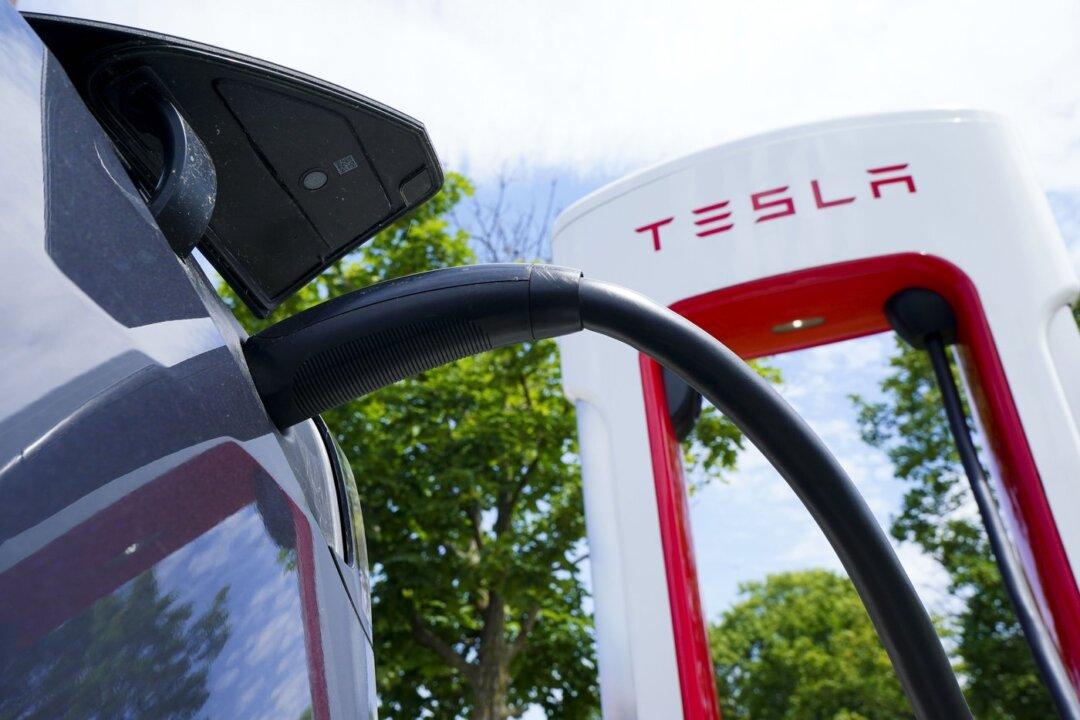As Canada transitions to electric vehicles, the costs of insurance may go up, a recent data analysis says.
Based on data from the UK, Morningstar DBRS notes that as drivers switch to EVs, insurance companies will also be adjusting prices.

As Canada transitions to electric vehicles, the costs of insurance may go up, a recent data analysis says.
Based on data from the UK, Morningstar DBRS notes that as drivers switch to EVs, insurance companies will also be adjusting prices.